On June 25, Master - Doctor Nguyen Van Nhom, Head of the Department of Intensive Care, City International Hospital (CIH) said that the patient was admitted to the hospital in a state of severe respiratory failure, high fever, chills, blood clotting disorder, liver and lung damage and an abscess in the left groin area. The diagnosis showed that he had sepsis, severe pneumonia and multiple organ failure. The patient's condition was dangerous and life-threatening. Doctors determined that this was a case of severe sepsis, damage to multiple organs at the same time, especially cellulitis, and a risk of deep muscle abscess in the perineum, so they decided to treat the severe sepsis, aiming for Whitmore's disease (infection with "flesh-eating bacteria").
The patient was treated aggressively with continuous blood filtration, mechanical ventilation, strong antibiotics, electrolyte adjustment methods, and intensive hemodynamic support.
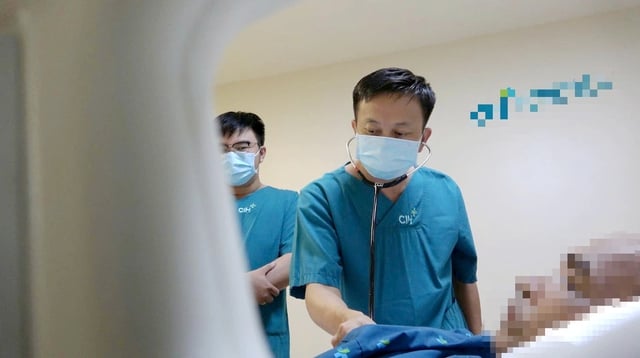
Master - Doctor Nguyen Van Nhom examines a patient
PHOTO: PQP
During the treatment, the patient repeatedly experienced dangerous stages in the Intensive Care Unit. There were times when his respiratory condition was so severe that almost all of his lungs were damaged, requiring him to be put on a ventilator.
After more than 3 weeks of intensive treatment, signs of recovery gradually appeared, pneumonia improved, breathing rate became more stable, patient's sedation gradually decreased, liver and kidney function improved. After that, the patient was extubated and breathing room air on his own.
The path of "flesh-eating bacteria" entering the body
According to Dr. Nhom, the bacteria burkholderia pseudomallei silently enters the human body from the soil and dirty water environment and can attack anyone through scratched skin, breathing or digestion. From the initial symptoms that seem like flu, they are actually signs of Whitmore's disease - an uncommon but extremely dangerous infectious disease.
To prevent infection with Whitmore bacteria, people living in high-risk areas need to ensure personal hygiene and regularly wash their hands with antibacterial soap, especially during food preparation, after using the toilet, after meals, after contact with mud; minimize direct physical contact with environments that potentially contain Whitmore bacteria such as dirty water sources, heavily polluted soil; use labor protection when working in contact with contaminated soil, water or in unsanitary environments...
Source: https://thanhnien.vn/cuu-nam-benh-nhan-nhiem-vi-khuon-an-thit-nguoi-thoat-cua-tu-185250625141729386.htm


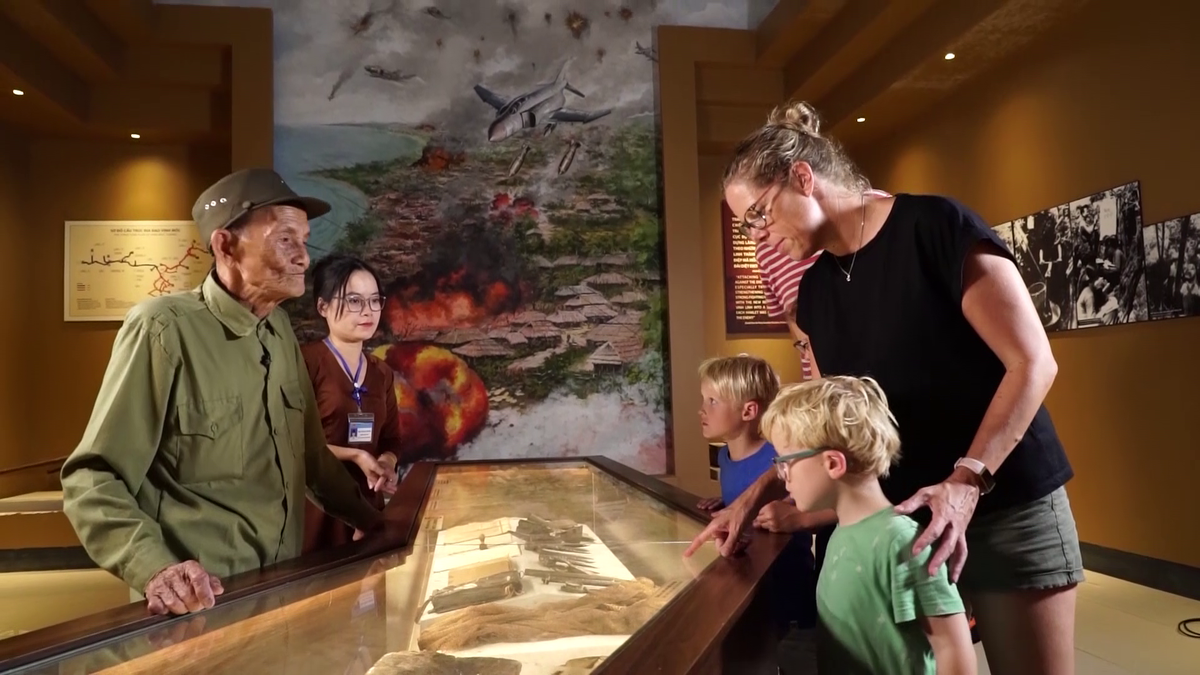
![[Photo] Binh Trieu 1 Bridge has been completed, raised by 1.1m, and will open to traffic at the end of November.](https://vphoto.vietnam.vn/thumb/1200x675/vietnam/resource/IMAGE/2025/10/2/a6549e2a3b5848a1ba76a1ded6141fae)









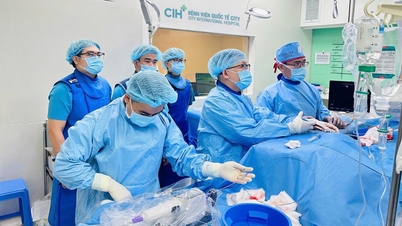


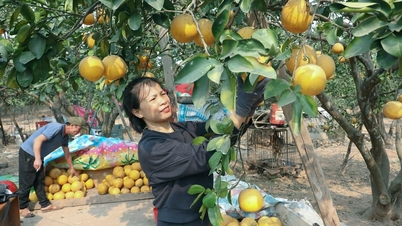


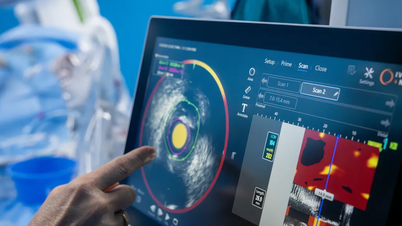

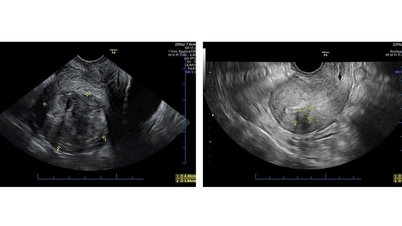


























































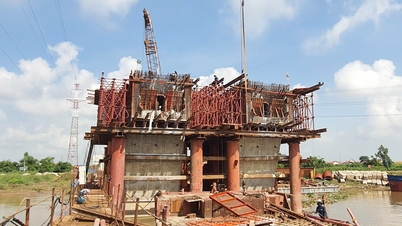




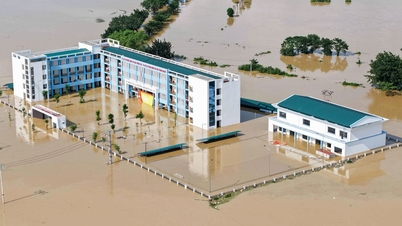













Comment (0)